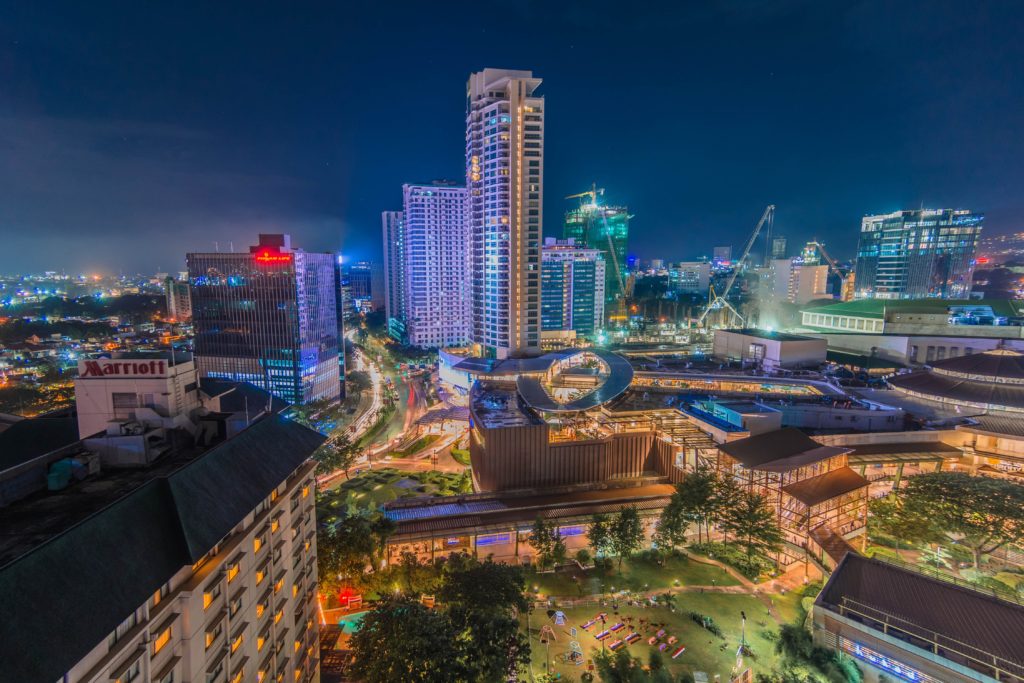
Stock Photo | Image Source: Zany Jadraque on Unsplash
CEBU CITY, Philippines – The Inter-Agency Task Force for the Management of Emerging Infectious Disease (IATF) is urged to allow business establishments to police the implementation their own protocols.
Members of the Cebu Provincial Board on Monday, October 18, passed a resolution, appealing the national government’s anti-COVID task force to let establishments ‘self-regulate’ their operations regardless of their area’s quarantine status.
“A call is made upon the IATF to allow the restaurants, dining, other food and beverages establishments, hotels, resorts, other accommodations establishments, and outdoor tourism activities to self-regulate their operations in order to revert to their former normal operations regardless of quarantine classification while strictly following the health protocols within their establishment, secure the necessary compliance and permits in order to save their businesses, protect their investments, ensure livelihood for their workers, and ultimately, help revive the economy,” reads portions of the two-page resolution that was penned by Cebu 6th District Provincial Board Member Glenn Anthony Soco.
Soco said that the frequent changing of quarantine classifications is an added burden to businesses that are still trying to recover from the impact of the COVID-19 crisis.
“To cope with these ever-changing quarantine classifications these sectors had to suffer from additional expenses in compliance with orders by authorities,” Soco pointed out.
“Several business groups seek understanding and consideration so that they may protect their investments and capital,” he added.
In some instances, several establishments took the liberty to introduce new policies and health measures to ensure the safety of their customers, leading the legislator to request before the IATF to allow businesses to self-regulate.
Under ‘self-regulating,’ management has the discretion to accept customers at certain capacities, even beyond allowable ones “so long as they can manage and ensure that strict implementation of health protocols are in place and their customers/patrons are safe and protected.”
“Should they opt to open to more customers/patrons, they must initiate to implement more safety designs and practices within their premises. They must be more responsible in addressing health concerns should the same arise, immediately resolve health and safety issues, vaccinate all their employees and strictly comply with the guidelines set by authorities. In the event that violations arise, they may be sanctioned through penalties and even have their licenses/permits revoked, as the case may be,” said Soco.
The entire island of Cebu is currently placed under General Community Quarantine (GCQ) that is expected to last until October 31. Last August, it reverted to a stricter Modified Enhanced Community Quarantine (MECQ) due to a surge of new infections.
RELATED STORIES
Cebu business sector willing to police self to help reduce COVID cases
GCQ in Cebu, Mandaue could lead to stronger economic climate by year-end
/dcb